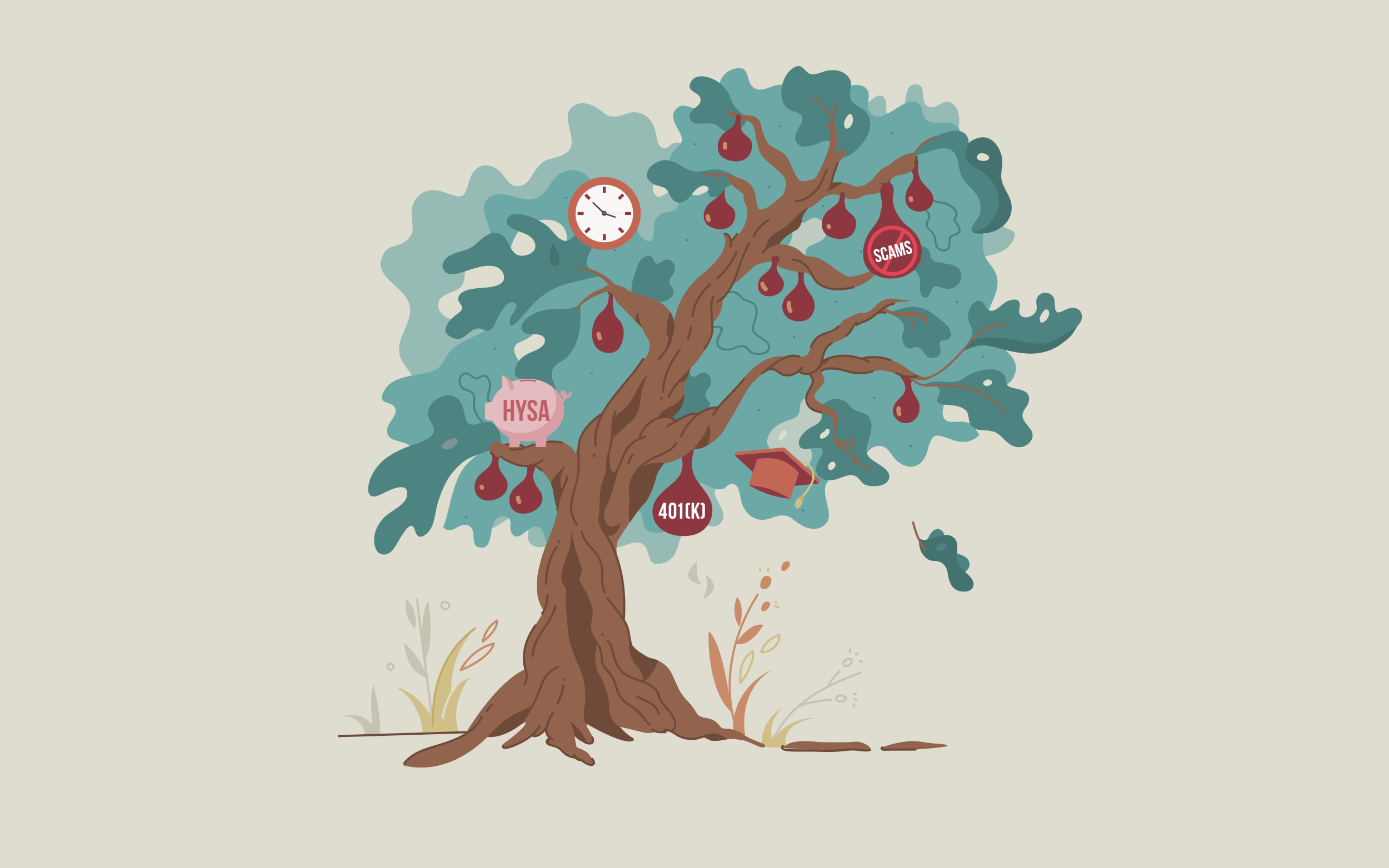# 35 Week 6 Tips and Tools
*Week 6 Wrap Up of [[00 The Wealthy Stoic Course]]* #source/course
<< [[34 Automate, Delegate, or Eliminate|Back]] | [[36 Who You Spend Time With|Next]] >>

## Content
> “So in the majority of other things, we address circumstances not in accordance with the right assumptions, but mostly by following wretched habits.” — Musonius Rufus
The financial philosopher and economist George Goodman wrote about the spirit of excess that seems to fill the long years of a boom economy, before the recession hits.
It is, he said, as if “we are at a wonderful ball where the champagne sparkles in every glass and soft laughter falls upon the summer air. We know at some moment the black horsemen will come shattering through the terrace doors wreaking vengeance and scattering the survivors. Those who leave early are saved, but the ball is so splendid no one wants to leave while there is still time. So everybody keeps asking—what time is it? But none of the clocks have hands.”
Much of the advice we’ve talked about the last few weeks—to run lean, to live below their means, to eliminate any unnecessary expenses—is in contrast to the denizens of the party economy George Goodman described. That’s why today, we encourage you to pick one of the lowest of the low hanging fruits: identify then eliminate one of your recurring expenses.
Break the wretched buying habit. Go through your recurring expenses. Take even just the last three months. Get a piece of paper and a pen, pull up your bank statement, and write down every purchase. Categorize all the non-necessities: alcohol, eating out, entertainment subscriptions, ride shares, new things. Add up the total cost of each category. Pick the most expensive one. And delete it. From here on out, the new you goes without it.
There’s a great service called [Trim](https://www.asktrim.com/) that helps you manage your day-to-day finances through the use of artificial intelligence. Along with identifying those unnecessary recurring expenses, Trim can do things like negotiate your cable, internet and/or phone bills with any provider. It links to your financial accounts and is free to sign up. Use this service, or another like it, or even just do the task yourself. The point is to become more intentional with how you spend your money—because what’s the point of earning it if it’s just going toward things you don’t need, accounts you don’t use?
“If you seek tranquility,” Marcus Aurelius wrote, “do less.” And from here on out, _spend_ less.
**Additional Resources:**
- [Ibotta](https://home.ibotta.com/): earn cash back on staple items that you’re already purchasing.
- [_It’s About The Pairing Down_](https://dailystoic.com/its-about-the-paring-down/)
- [_Cutting Off Those Recurring Charges You Forgot About_](https://www.nytimes.com/2016/01/30/your-money/cutting-off-recurring-charges-the-easy-way.html) _by Ron Lieber_
- [_Cutting Out These 25 Expenses Will Save You $14,992.52 a Year_](https://www.gobankingrates.com/saving-money/savings-advice/cut-these-expenses-to-save-money/?utm_campaign=763481&utm_source=yahoo.com&utm_content=3) by John Csiszar
- [_10 Expenses Destroying Your Budget_](https://money.usnews.com/money/personal-finance/saving-and-budgeting/slideshows/10-expenses-destroying-your-budget) by Susannah Snider
- [_Essentialism_](https://geni.us/0bwGhBK) _by Greg McKeown_
- [_The Disciplined Pursuit of Less_](https://hbr.org/2012/08/the-disciplined-pursuit-of-less) by Greg McKeown
---
## Week 6 Reflection
Revisit your list of tasks. Which ones seem like they will be beneficial now and in 5, 10 years? Which ones are tasks that you don’t _have_ to do?